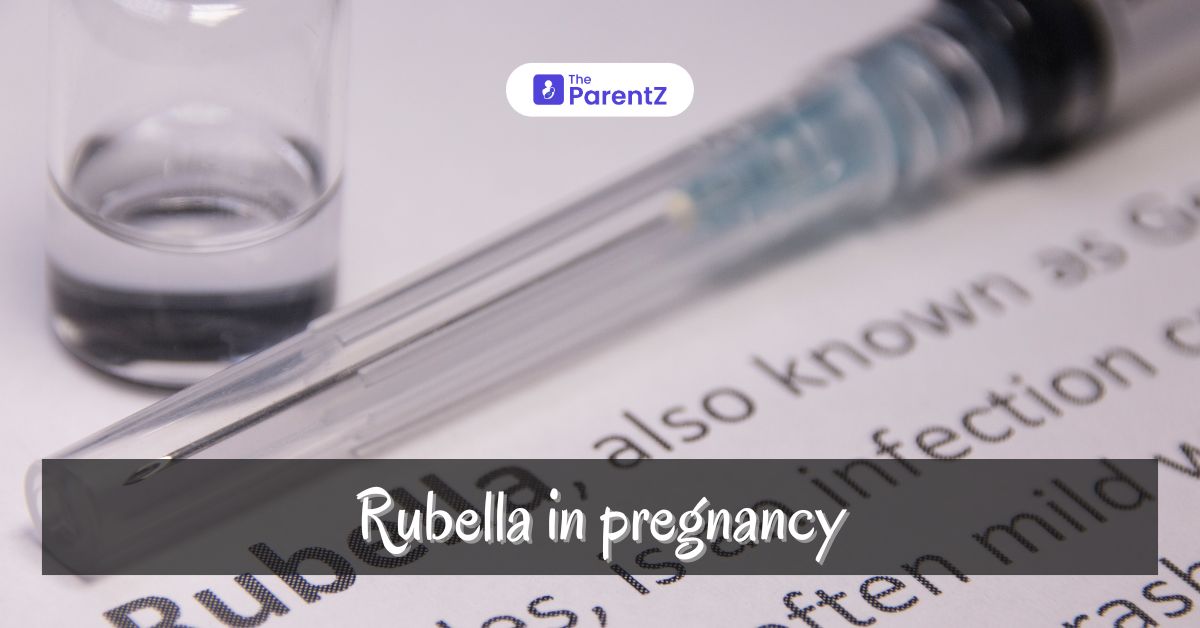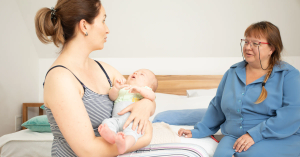What is rubella?
Rubella is a highly contagious infection caused by the rubella virus. It is also known as German measles or 3 day measles. It is extremely dangerous for pregnant women and unborn children. It is essential that you should be protected against rubella before planning a pregnancy.
What are the signs and symptoms of rubella?
The main symptom of rubella is rashes and swelling of glands but there are a bunch of other symptoms which include:
- You may have a headache.
- You may get a sore throat.
- There may be swelling of glands present behind the ear or around the neck.
- You may developed a rash which generally starts as small pink dots on your face and then spreads downwards to the neck, the body and the limbs forming larger red areas.
- You may have nausea and vomiting.
- Conjunctivitis or pink eye may be present.
- You will have a general feeling of being unwell.
How is rubella transmitted?
Rubella is transmitted by droplets. If a person who is infected from rubella coughs or sneezes, droplets containing the virus are released which when inhaled by a healthy person can cause them to develop to rubella.
Will rubella cause problems for the baby?
Yes. Rubella can cause serious problems for the baby. The maximum danger of congenital malformations is if a pregnant woman is infected in the first trimester or upto 12 weeks of pregnancy. There is an increased risk of all complications if infection develops upto 16 weeks of pregnancy. There are many risks to the unborn baby including:
- The baby may be born having birth defects.
- The baby may be a stillborn.
- There are increased chances of having a miscarriage.
- A baby born to mother infected with rubella in the first trimester may develop congenital rubella syndrome.
The congenital rubella syndrome has a wide range of problems for the newborn baby. These include:
- Conductive hearing loss or deafness
- Development of congenital cataract
- Heart defects of the newborn
- Problems of the liver and spleen
- Intellectual disabilities
- Having a low birth weight when born
- Having a rash be when born
Specific symptoms of congenital rubella syndrome can be managed but there is no cure for congenital rubella syndrome completely. Hence it is important to be protected against rubella before the pregnancy.
How should I protect myself against rubella when planning a pregnancy?
You should be vaccinated against rubella before planning a pregnancy. There are two types of combination vaccines available. These include the MMR (Mumps-Measles-Rubella) and MR (measles-rubella)
A few things need to be kept in mind before getting a rubella vaccine which include :
- You should avoid getting pregnant for upto 4 weeks or 28 days after receiving the vaccine.
- Vaccination is not indicated if you are already pregnant as it is a live attenuated vaccine which may harm your child.
- You can get a vaccine after your baby is born even if you are breastfeeding.






